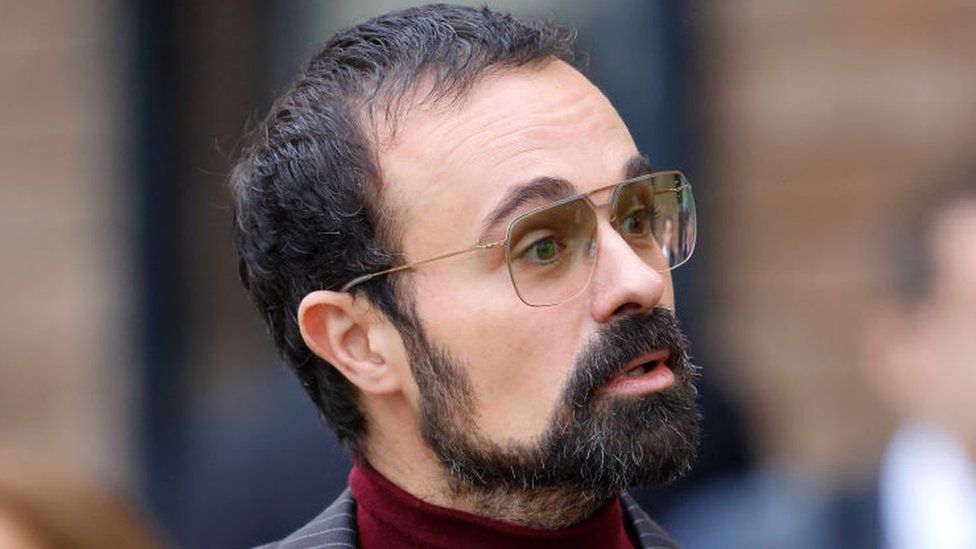ARTICLE AD BOX
 Image source, Getty Images
Image source, Getty Images
By Kate Whannel
Political reporter, BBC News
A former Speaker of the House of Lords has criticised some appointments to the upper chamber, specifically asking "What is the point of Lord Lebedev?"
Newspaper owner Evgeny Lebedev was appointed to the House of Lords in 2020 by then Prime Minister Boris Johnson.
Baroness D'Souza told a parliamentary committee she didn't understand his role in the House and that he had only attended twice since his appointment.
The BBC has approached Lord Lebedev for a comment.
Lord Lebedev, who owns the Evening Standard and Independent newspapers, was nominated to the House of Lords for philanthropy and services to the media.
Son of a former KGB officer, he was born in Russia but move to the UK as a child. He holds Russian and British nationality.
In 2022, he responded to criticism of his peerage, using a piece in the Evening Standard to say: "I may have a Russian name but that makes me no less a committed or proud British citizen than anyone else in this country of ours."
Baroness D'Souza, who served as the Lord Speaker in the House of Lords between 2011 and 2016, was giving evidence to the Public Administration and Constitutional Affairs Committee.
The House of Lords has frequently attracted criticism for the size of its membership, which currently stands at 784 peers, making it the second largest parliamentary chamber in the world.
Baroness D'Souza said the numbers were "a public scandal" and criticised appointments to the chamber, saying some people did not view it as "a serious job".
"Basically what they are doing is treating it as an honour - maybe it is something that gets them a table at a restaurant."
"There have been appointments, more recently of people who really don't have any role, no perceived expertise, no perceived role and who do not take up any role.
"What about Lebedev for instance? What role does Lebedev have in the House? I think he has been in twice."
'Bad, mad and wrong'
Baroness D'Souza suggested reducing the number of peers in the House of Lords by 30% could save about £6m per year.
She also questioned if peers could be paid money to encourage them to retire.
Later in the evidence session, Lord Burns, chair of the committee on the size of the House of Lords, said the proposal could save money but that it was "politically toxic".
During the evidence session, SNP MP Ronnie Campbell asked if the numbers could be reduced by getting rid of the remaining 92 hereditary peers, people who inherit their title from their parents.
Baroness Hayman, who was Lord Speaker between 2006 and 2011, said the system was "totally unacceptable" and added that the current by-election system for replacing hereditary peers was "bad, mad and wrong".
She also said the appointments process for the House of Lords undermined "credibility in its performance".
However, she added that the criticism of the quality of the House of Lords' work was "absolutely minimal" and that it scrutinised proposed laws better than the House of Commons.
She also expressed concern about how much legislation came to the Lords that had not been adequately scrutinised by MPs in the Commons and pointed to the recent Levelling Up Bill as "an egregious example".
Image source, Getty Images
Image caption,Before joining the House of Lords Baroness D'Souza was a human rights and overseas development expert
Both baronesses argued that the process for appointing peers to the House of Lords should be changed.
Currently, the House of Lords Appointments Commission (Holac) can make recommendations on appointments but the prime minister has the final say.
Baroness D'Souza said the commission should be able to override decisions made by the prime minister.
She said it was "a disgrace" that the system had not been reformed and that should be a "matter of priority".

 1 year ago
117
1 year ago
117








 English (US) ·
English (US) ·